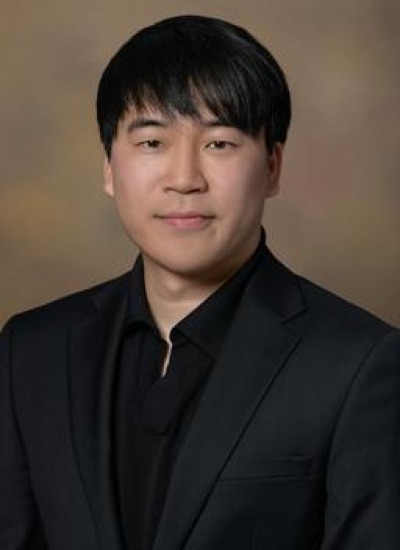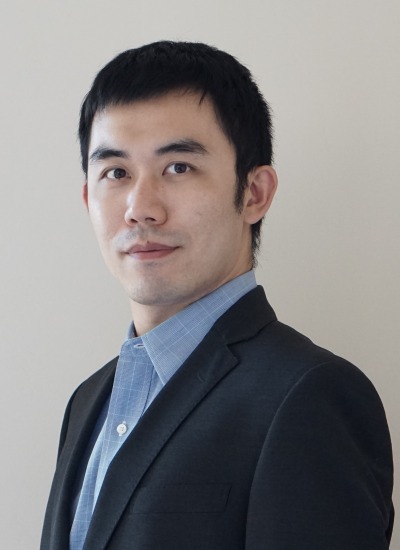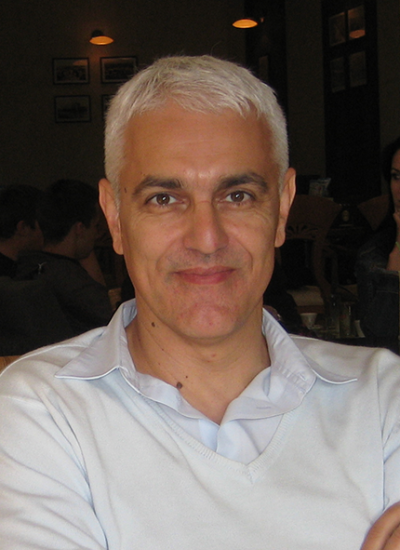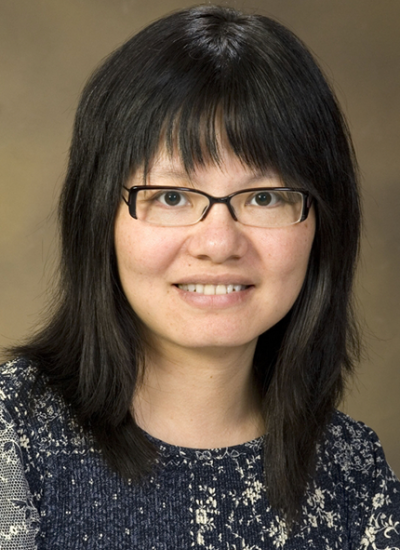Eung Joo Lee
Work Summary
I am an assistant professor in the Department of Electrical and Computer Engineering at the University of Arizona. Prior to working at the University of Arizona, I was a postdoctoral research fellow at MGH/Harvard Medical School. I completed my Ph.D. in the Department of Electrical and Computer Engineering at the University of Maryland, College Park. During my doctoral studies, I engaged in a research internship at the U.S. Army Research Laboratory.








